NEWS
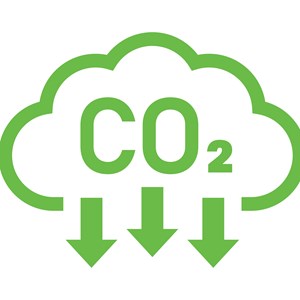
The application of (photo)electrocatalytical technologies for the reduction of CO2 to CO holds immense relevance for our current and future society with regard to sustainable methods to mitigate CO2 levels in the atmosphere and to reduce the dependence on fossil feedstocks. Electrocatalysis offers a promising solution by using renewable energy sources, such as solar or wind, to drive the electrochemical conversion of CO2 into CO. This process not only helps in the utilization of CO2 as a valuable feedstock but also offers a viable pathway towards carbon neutrality.
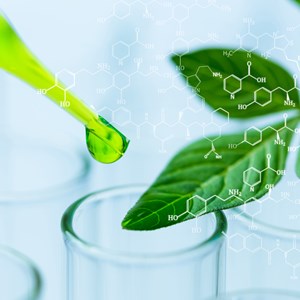
The chemical sector is a pillar of the EU economy. According to the European Commission, it accounts for 7,5% of the EU manufacturing turnover, provides 1,2 million direct highly skilled jobs, and its sales amount to €565 billion (2018). As recently stated by Kerstin Jorna, Director General at DG GROW, the chemical industry is at "the beginning of everything", meaning that it is key to many other sectors for manufacturing their products.
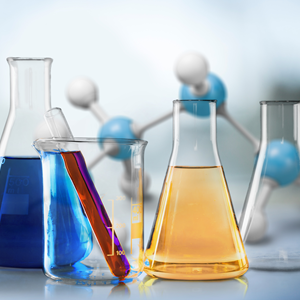
This CEN Workshop Agreement specifies an operational process for biogas bioconversion into ectoine, the extraction of the ectoine from the resulting solution and its purification.
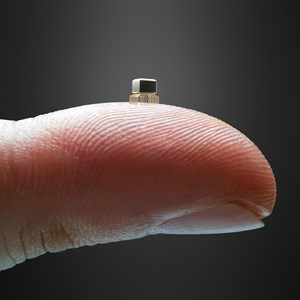
This document describes and specifies the requirements of a simplified Sustainability Nanomanufacturing Framework (SNF) for sustainability management in Nanomanufacturing Pilot Lines (NPLs), appropriate to their size, management capabilities and sustainability priorities.
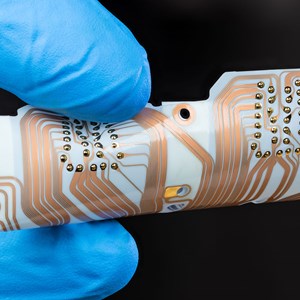
In-Mould Electronics (IME), also known as plastronics, is used to enhance the device integration process, increasing resistance to humidity and wear and tear, and adding custom-made connectors. IME will also serve as a manufacturing process for the advanced materials with better conductive and resistant properties proposed in the project.
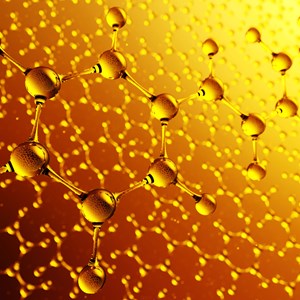
Although good catalysts for nODH of alkanes have already been provided, there is still a need of additional ones with high catalytic conversion, activity and selectivity, and/or with a catalytic conversion. The selection of certain metals in combination with other elements, all of them stabilized with particular organic compounds and adsorbed on porous supports, gave rise to highly active catalytic surface areas that, in addition, not only are selective for propene selectivity in nODH, but also are highly stable and free from the main drawbacks of other catalysts for the same reaction (i.e. coke formation, by-side deactivating reactions, etc.).

This document describes and specifies the requirements of a simplified Sustainability Nanomanufacturing Framework (SNF) for sustainability management in nanomanufacturing pilot lines (NPLs), appropriate to their size, management capabilities and sustainability priorities.
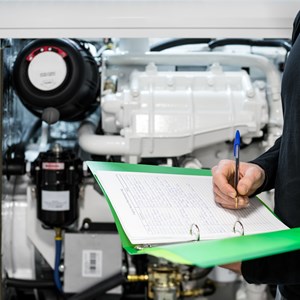
The CEN Workshop ‘The Standardization of the Impression Creep Test’ has developed its first draft CWA.
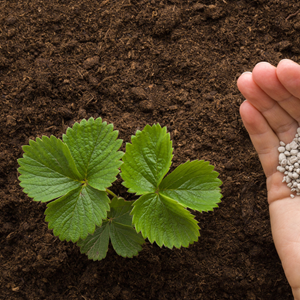
The new Fertilising Products Regulation (FPR) (Regulation (EU) 2019/1009) will enter into force in July 2022, repealing Regulation (EC) No 2003/2003. The new Regulation introduces new requirements related to quality, safety, and labelling of fertilizing products and extends the scope to organic fertilizers, organo-mineral fertilizers, growing media, biostimulants, and other products. The Regulation also harmonises EU rules for products derived from waste organic materials and by-products and provides rules to recover nutrients into secondary raw materials.

Wastewater treatment and organic fraction of municipal solid waste are responsible for the annual generation of up to 138 million tonnes of bio-waste in the EU. It has been estimated that almost 75% of this waste is currently sent to incineration or landfilling, with an extraordinary environmental and economic cost associated. Moreover, a high percentage of this waste holds a great potential as a source of recycled materials or valuable component recovery source. Wastewater contains cellulose and nutrients that could be used as feedstock for many applications. Solid organic waste could be also an interesting source of materials for added value applications (e.g., ectoine, polyhydroxyalkanoates, biomethane, etc.), to complement their conventional valorisation routes (e.g., fertilizers, biogas, etc).